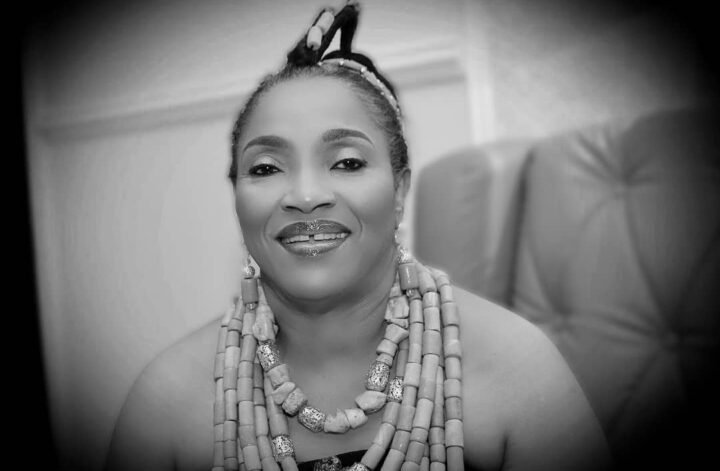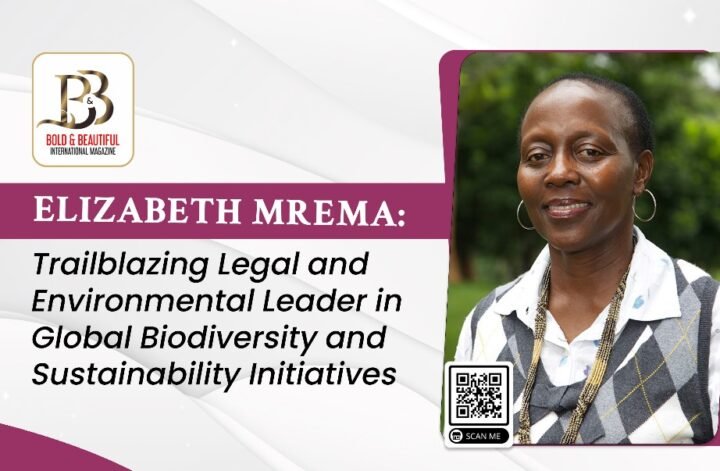Tunji Bello is one of those rare individuals who have seamlessly transitioned across various professional landscapes, appearing to be perpetually prepared for life’s opportunities. His trajectory from the day he signed up as a journalist always hinted at a philosopher who would do more than philosophize. Although his first degree is in political science, his journalism went far beyond the science of statecraft. He later earned a master’s in international law and diplomacy and studied for a bachelor of law (LLB) and a barrister at law (BL).

President Bola Tinubu has appointed Mr. Olatunji Bello as the new Chief Executive Officer/Executive Vice-Chairman of the Federal Competition and Consumer Protection Commission (FCCPC), pending Senate confirmation. The President expects Bello to fully realize the Commission’s mandate to protect and promote Nigerian consumers’ interests and ensure the safety and quality of goods and services.
His academic pursuits endowed him with a robust knowledge base spanning political science, journalism, diplomacy, and law. His weekly column, “The Republic,” articulated and provoked thoughts on economics, politics, and the political economy. Bello began his journalistic career at Concord Newspapers, starting as a feature writer and rising through the ranks to become an assistant features editor, political editor, editor of Sunday Concord, and finally, editor of the main newspaper, National Concord. It was while he was editor of Sunday Concord that I met him in person after admiring him from afar. He later joined THISDAY, where he became chairman of the editorial board.

About the first encounter was rather frosty. Senator Bola Tinubu thought Tunji Bello was assigned to denigrate the Sarumi Group in the Social Democratic Party (SDP) of which he was an arrowhead. That was in late November 1990, during Bello’s tenure as the Group Political Editor of the Concord Newspapers. Asiwaju Tinubu and his caucus saw him and his team as adversaries. Interestingly, Chief Tom Ikimi, National Chairman of the National Republican Convention (NRC), also viewed him with suspicion during an interview at his Victoria Island residence in Lagos. Relations between Asiwaju and him never improved until the late Chief MKO Abiola’s foray into politics fortuitously brought them together.

In late 1992, MKO Abiola summoned Dele Alake (Sunday Concord Editor), Segun Babatope (Chairman, Editorial Board), and Tunji Bello to his Ikeja, Lagos residence for advice as he contemplated running for President following Babangida’s cancellation of the presidential primaries of the two parties. During that discussion, he mentioned Senator Tinubu as a strategic political alliance he needed to form. Abiola spoke glowingly of Tinubu’s political networking ability, reliability, dedication, and passion for political causes. Bello later witnessed these traits firsthand during the annulment of the June 12, 1993 election, which brought them together in the struggle for its revalidation and the restoration of democracy.
When Dele Alake and Tunji Bello had to keep away from their homes for about two harrowing months as the SSS hunted them, it was Asiwaju who showed the most concern for the two journalists’ welfare, despite being a target himself due to his pro-June 12 stance. He constantly inquired about their survival in their hideouts and even provided support while he was detained and later escaped into exile. In exile, Tinubu was known for his ability to mobilize resources and contacts to pursue the struggle, while also sending money to sustain others still at home.

When the ban on politics was lifted in 1998 by General Abdulsalam Abubakar and political exiles were allowed to return home following the deaths of Sani Abacha and MKO Abiola, Tinubu’s first port of call upon returning to Nigeria was Tunji Bello’s newspaper premises. After an emotional reunion, he expressed a desire to see MKO’s grave and pay homage. He hinted at plans to return to the Senate, but given his popularity as a notable June 12 activist, Tunji Bello and another vested interest advised him to run for the Lagos Governorship instead.
Elected as Governor in 1999, Tinubu’s first step was to set up a think-tank composed of experts and notable technocrats to chart the way forward for Lagos. By the time he inaugurated his Cabinet in June 1999, it was widely regarded as the best in Nigeria at that time. The foundation laid by his administration through a 10-point agenda and a 15-year development plan continues to sustain Lagos to this day, with successive administrations building on this roadmap.

In 2003, when Tunji Bello joined Tinubu’s Cabinet from his position as Chairman of the Editorial Board of THISDAY Newspapers, he gained a deeper appreciation of his exemplary leadership attributes. Tinubu was a meticulous planner, encouraging thorough preparation and vigorous debate on policy issues. His innovative initiatives, such as teaching other governors to tap into the Capital Market and conceiving the Seven Rail Line Vision for Lagos, have left a lasting impact.
Tinubu’s loyalty to those he trusts, even in the face of widespread opposition, is perhaps his most important attribute. His support for Babatunde Fashola as his successor in 2007, despite reservations, and his relentless pursuit of justice in the legal battles to recover stolen mandates in Osun, Ekiti, and Edo elections, exemplify his unwavering commitment. As Editor of National Concord, Tunji Bello witnessed his consistent support for MKO Abiola’s media organization, providing significant lifelines during financial hardships.

Tunji Bello is married to Ibiyemi Olatunji-Bello, the current Vice-Chancellor of Lagos State University. Their union is blessed with children. His multifaceted career, spanning journalism, law, public service, and now regulatory oversight, underscores his versatility and preparedness for life’s opportunities, making him a remarkable figure in Nigeria’s political and professional landscape.





